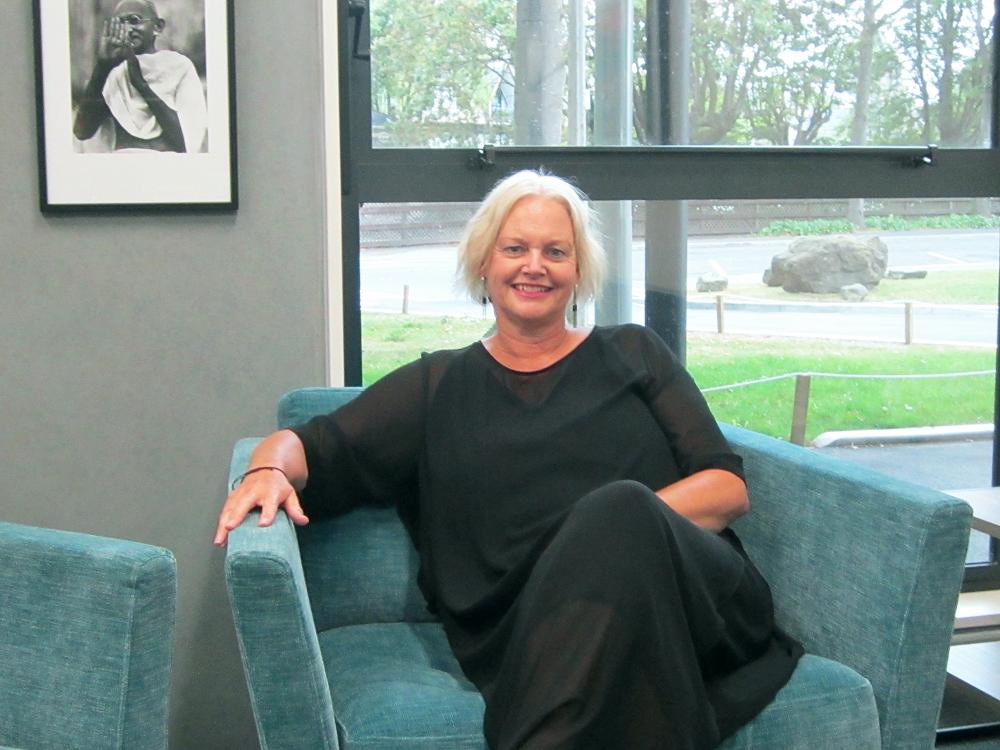
Principal's Message
Kia ora parents, caregivers and whānau
Today at assembly I spoke to the students about gender issues, particularly as they relate to women and to gender diverse young people. This was triggered by watching the unravelling behaviour at parliamentary level and an article I read in Stuff this morning by a young female journalist regarding the prevalence of young women experiencing unwanted sexual texting and images and sexual harassment in general. Our students live in a very different media environment than that in which we grew up, with instant imaging, publication via social media of every aspect of their lives and loss of control of digital footprint into cyberspace.
On an associated theme we have disastrous levels of domestic abuse in New Zealand and concern that significant levels of boys as young as Year 6 are accessing pornography on their phones, often unknown to their parents. This defines and shapes their attitudes to female sexuality in a very problematic way to the extent that recent research into sexual behaviour of teenage girls and boys in this country show widespread normalisation and acceptance of violence initiated by boys as part of sexual engagement (for example strangulation). Young people are subjected to all sorts of pressures to conform to what is expected and normalised by their peers. Girls in particular are very susceptible to pressure regarding activities they do not actually like or genuinely wish to consent to but cannot find a voice to reject.
We want our students to control and value their bodies and to control their consent and mana. We also want them to control consent to what they receive digitally and to control their digital footprint so that their dignity and safety is intact. Compliance is often expected from girls – comply to please, comply with work, comply with behaviour. I find it a problematic expectation which does not serve girls well and supresses their voice when they need it. I do not want our girls to comply from fear of punishment or to seek perfection. I want them to be good school citizens who care about their own dignity and act in ways that enhance the dignity of others (manaakitanga) - both other students and staff. Actions which are wrong are usually wrong because they diminish another’s humanity and dignity and in the process diminish the humanity and dignity of the person responsible.
Over the next year we intend to remove the punitive approach the school has used for behaviour and relationship breakdown and employ a relational approach which will be equally structured but is focused on repairing harm and restoring dignity to parties affected. Power imbalance and misuse is a problem in many relationships and a relational culture calls for democratised relationships, high accountability, honest and supportive conversation, involvement of families and the school in supporting their young person to repair harm they may have caused and restoration of dignity to the person harmed. I will talk more about this in the future. Operating in a relational culture where our girls grow courage to have a voice is critical to addressing power and consent issues.
The central goal of education is surely to help our young people discover their true selves so that they have flourishing and happy lives. To do that each one must ultimately be the navigator of their own ship, find their voice, understand and value their own uniqueness, and protect and nurture it. For parents and teachers, the conversations we have with our young people around this are vitally important and the time they most need this are in the teenage years as the adult emerges from the child.
Ngā mihi nui
Christine O’Neill
